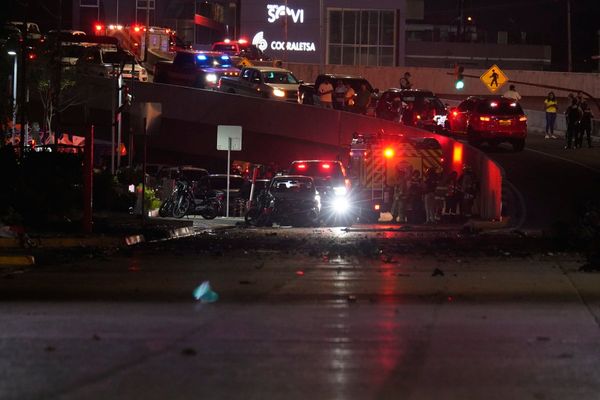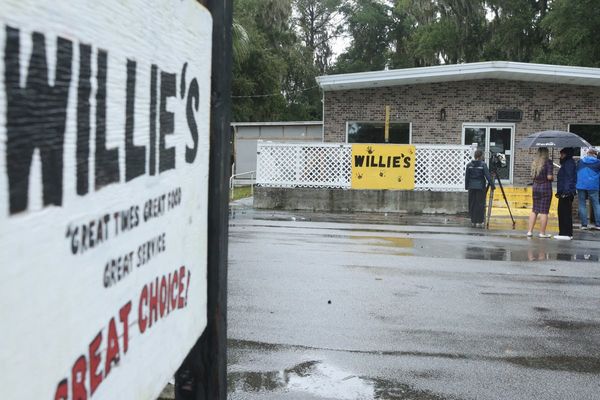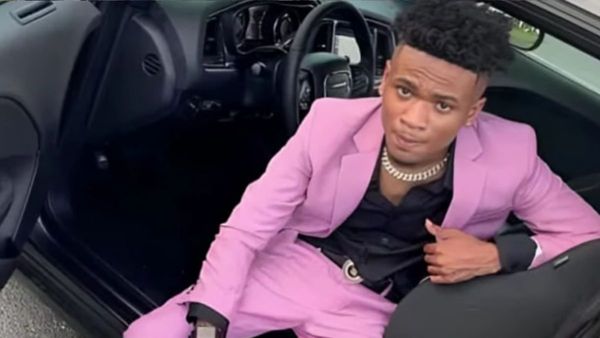
A third panel of potential jurors will be questioned Friday in Donald Trump’s hush money case, bringing jury selection closer to completion in the first criminal trial of a former U.S. president. After seating a jury of 12 New Yorkers on Thursday, lawyers are now focusing on selecting remaining alternates who can impartially judge the presumptive Republican presidential nominee.
Thursday's court proceedings highlighted the unpredictability of the jury selection process, with two jurors previously seated being dismissed from the panel. The judge has indicated that opening statements in the criminal trial could start as early as Monday, with prosecutors alleging a scheme to cover up negative stories that could have impacted Trump's 2016 presidential campaign.
The trial will see Trump in a Manhattan courtroom for weeks, balancing his roles as a criminal defendant and political candidate amid his race against President Joe Biden. The case may feature testimony that Biden could use to portray Trump as unfit for the presidency.
Prosecutors have requested permission to question Trump about his prior legal issues if he takes the stand, including a recent civil fraud trial where he was found to have lied about his wealth. Trump maintains his innocence, portraying himself as a victim of a biased justice system.



The Manhattan jury comprises diverse professionals, including a sales professional, software engineer, security engineer, English teacher, speech therapist, lawyers, investment banker, and retired wealth manager. The trial centers on a $130,000 payment made to Stormy Daniels to prevent her claims of a sexual encounter with Trump from going public in 2016.
Prosecutors allege that Trump misrepresented the nature of the payments in internal records when reimbursing his former lawyer, Michael Cohen, who pleaded guilty to federal charges in 2018. Trump faces 34 felony counts of falsifying business records and could face up to four years in prison if convicted.
Trump has denied the encounter with Daniels, arguing that the payments to Cohen were legitimate legal expenses. He faces multiple criminal cases, but it remains uncertain if others will go to trial before the November election due to appeals and legal delays.







